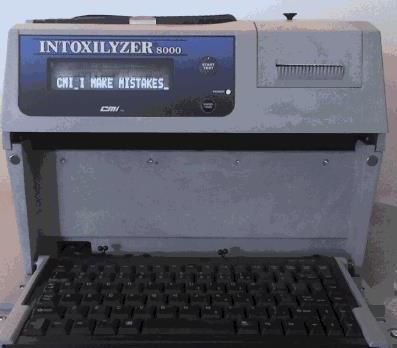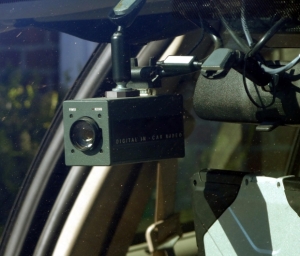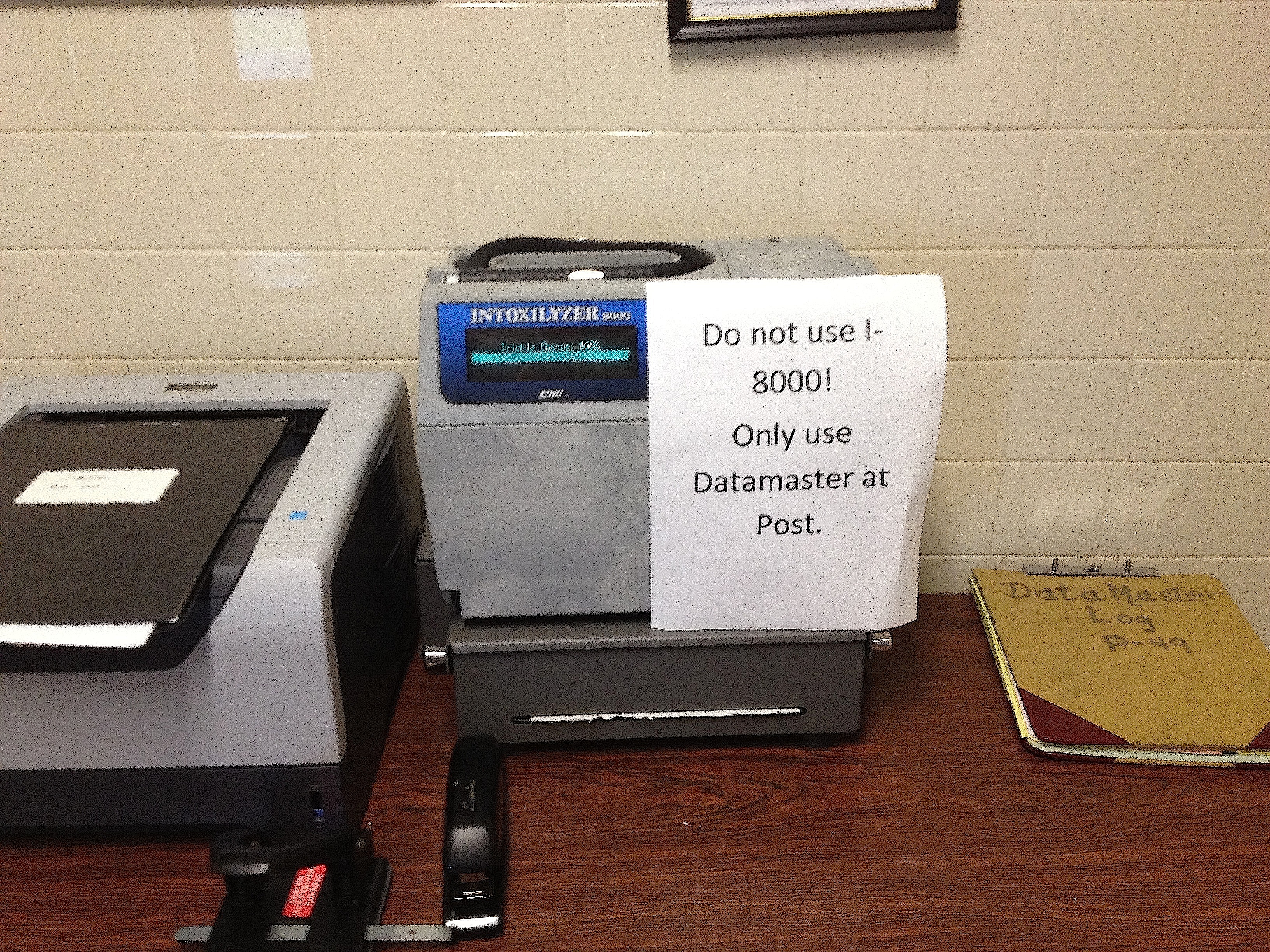
From your bathroom scale to a police officer’s laser gun, every measurement device has a margin of error. For a device to be considered reliable, the margin of error must be known (and should be small!). In a recent Ohio DUI / OVI case, the court decided the admissibility of test results from a device with an unknown margin of error.
 Columbus OVI/DUI Attorney Blog
Columbus OVI/DUI Attorney Blog


 As a DUI/OVI attorney, I am frequently asked if a person can seal/expunge records for DUI/OVI offenses and other traffic offenses. The answer is “no”: Ohio Revised Code section
As a DUI/OVI attorney, I am frequently asked if a person can seal/expunge records for DUI/OVI offenses and other traffic offenses. The answer is “no”: Ohio Revised Code section 


 For the second time in two months, the
For the second time in two months, the 

 How are sanctions to be imposed for violations of Ohio’s discovery rules? That question was the subject of a recent decision by the
How are sanctions to be imposed for violations of Ohio’s discovery rules? That question was the subject of a recent decision by the 